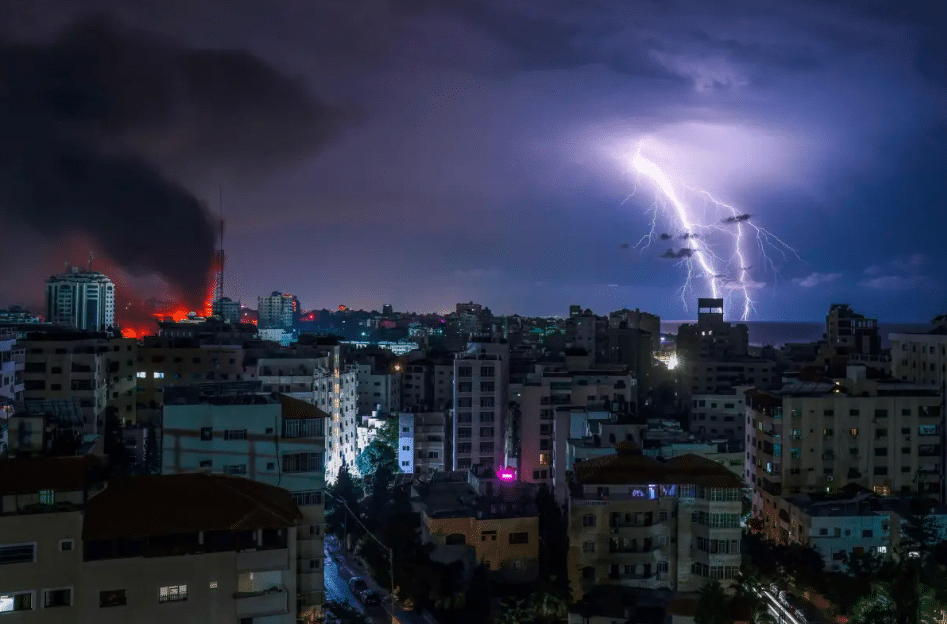Why so many misread the Palestinian terror group’s openly stated intentions and motives.
For the past 20 years, the best minds in Washington and Jerusalem treated Hamas as a pragmatic political operator whose leaders were satisfied living in the same world as the rest of us. Their charter, first adopted in 1988, endorsed a set of bloodcurdling millenarian goals. But despite the open madness and world-making ambitions of their public pronouncements, Hamas remained a semi-legitimate player, treated as just one unremarkable thread in the Middle East’s rich tapestry of mildly threatening, gun-toting political dreamers. Even to the most hardened Israeli security officials they were a Muslim Brotherhood offshoot whose extreme rhetoric and regrettably unshakable habit of murdering Jewish civilians could be understood within the normative politics of “resistance movements.” Their behavior could therefore be modulated and controlled through a proper combination of sticks and carrots.
This view is untenable after this weekend, but I understand why it existed for so long. I once held versions of it myself. I visited the Gaza Strip on a two-day reporting trip in the winter of 2014, a couple of months after what was naively thought of as a major round of fighting between Israel and Hamas. I joined the ranks of journalists stupid enough to believe what we thought we’d seen there.
The Hamas statelet, though no poorer than places I’d been in Egypt and Jordan, and materially better off than Somalia or South Sudan, possessed its own special feeling of isolation that had the weight of an ambient despair. It was unnerving to turn on the radio and hear martial chanting about avenging Al-Aqsa, or to constantly look at billboards of Knesset member Yehuda Glick in a sniper crosshair. Members of the Strip’s Hamas-controlled police force used the empty lot down the street from my hotel on the Gaza City waterfront as a drilling ground.
But that was hardly the whole story, I thought. After all, my hotel offered a comfortable room with stunning views of the Mediterranean. Hamas was eerily invisible in the Strip once you were past their checkpoint on the Gaza side of the Erez border crossing, whose Israeli half is an absurdist labyrinth of concrete corridors, sinister loudspeakers, and remote-operated doors. Most Gazans I met had no particular love for the group and just wanted to be left alone. Gaza was hard to beat for sheer surrealism, what with the war damage and the excellent fish restaurants. I experienced the Hamas-era Strip as a weird and tragic expression of a bleak roster of immovable realities.
The full article can be found at Tablet.
View

